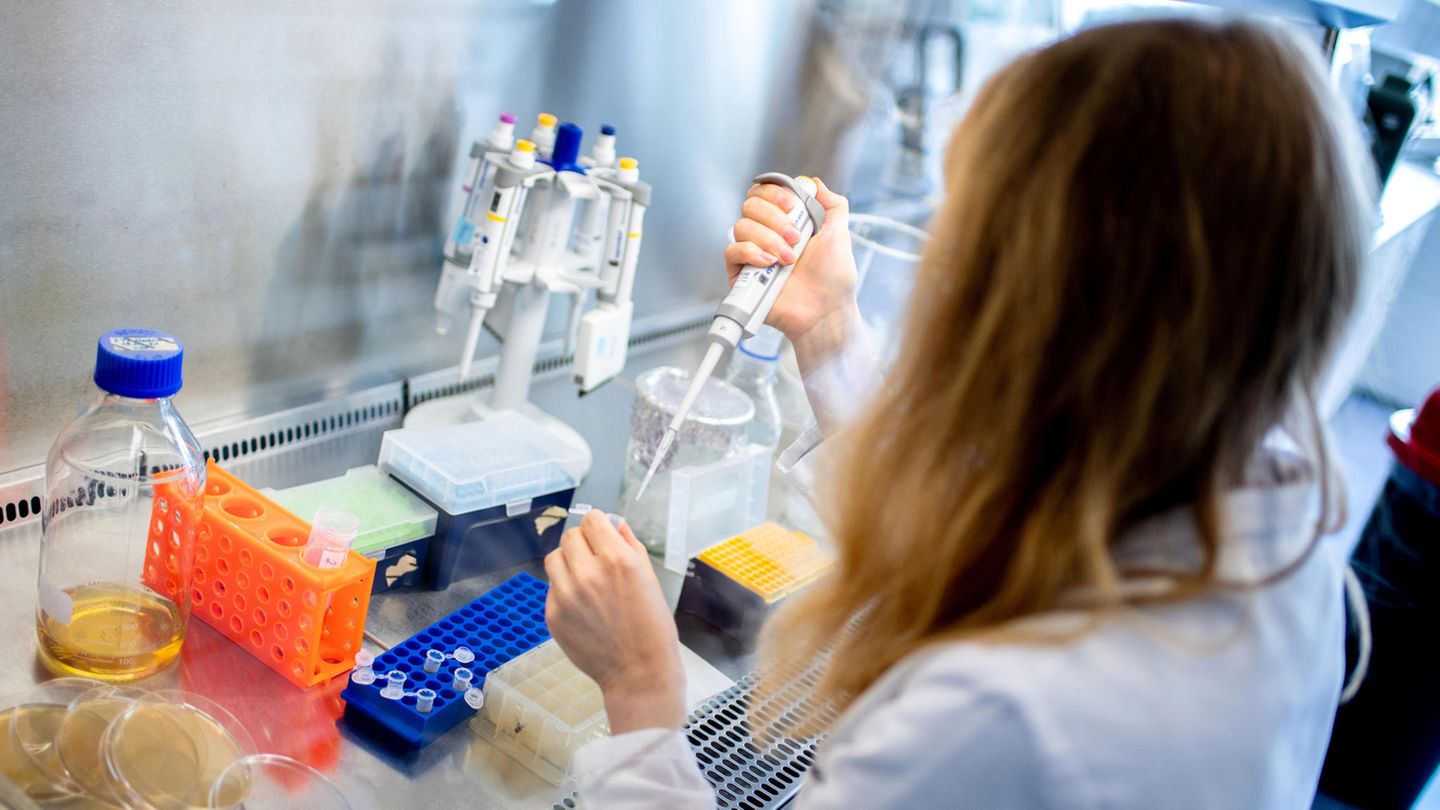There has been a vaccine against the coronavirus for almost a year. With the medication, however, it may still take some time. Research is in full swing – but the right remedy has not yet been found.
In addition to the proven very effective vaccines, pharmaceutical companies around the world are working on the development of drugs against Covid-19 disease. Medicines against severe courses are another building block in the fight against the corona pandemic. This could, for example, protect people who have not or could not yet receive a vaccination.
Specific medication is still missing
A drug approved for all patients that specifically fights the coronavirus is still missing. Instead, doctors use tried and tested drugs that protect against certain complications, depending on the course of a Covid 19 disease. Often, patients in the hospital are given blood thinners – because Covid-19 increases the risk of thrombosis, heart attacks and strokes. In addition, antibiotics should protect against additional bacterial infections.
The difficulty lies in the biology of the virus, writes the Berlin molecular biologist Emanuel Wyler in a guest article for the “Berliner Zeitung”. With Corona there are initially no symptoms after infection. “When, among other things, a cough or sore throat set in, the immune system has in most cases already started to fight the virus,” says the researcher from the Max Delbrück Center for Molecular Medicine. “As with the flu, drugs that target the virus often come too late.”
The only approved agent: Remdesivir is now obsolete
The only agent to date is Remdesivir (trade name Veklury) from the US company Gilead to receive approval in the EU in July 2020 – but only for corona patients with pneumonia who receive additional oxygen but do not yet need invasive ventilation. The drug originally developed against Ebola is supposed to prevent Sars-CoV-2 from multiplying in the cells. But meanwhile the World Health Organization (WHO) speaks out against a treatment. In mid-September, the Federal Joint Committee of Doctors, Clinics and Health Insurance Funds sees only a slight benefit from remdesivir in moderate patients and none at all in seriously ill patients.
Dexamethasone is said to suppress immune response
Dexamethasone has been used in Germany for a long time as a drug against Covid in inpatient corona therapy, even without general official EU approval. Molecular biologist Wyler calls it a “central drug for the treatment of Covid-19”. The anti-inflammatory agent is intended to slow down an excessive immune reaction in corona patients in the intensive care unit, which often occurs with Covid-19. According to the Robert Koch Institute (RKI), the greatest benefit has been demonstrated in invasively ventilated patients. In the case of people with less severe Covid disease, on the other hand, use could “even be disadvantageous”.
Hope lies in antibody preparations
Eight drugs for Covid therapy are at various stages in the approval process at the EU drug authority EMA – including antibody preparations that are already in use in Germany for mild disease. In special cases, a combination of the monoclonal antibodies casirivimab and imdevimab (trade name Regn-CoV2) from Regeneron and Roche is already used. This cocktail is the first drug that the WHO recommends for the prevention of severe disease in patients with mild symptoms but with risk factors.
Monoclonal antibodies are made in the laboratory. Monoclonal means that the antibodies used are all the same and can dock onto the virus or, for example, a cell at a clearly defined target. The EMA is reviewing four other drugs in this group, which are quite expensive.
The virologist Christian Drosten from the Berlin Charité said in the NDR-Corona podcast that the administration of monoclonal antibodies is “almost always too late” – namely when the virus has already multiplied strongly in the body. In an average patient, this is essentially the case at the onset of symptoms.
Further funds are in the starting blocks
In the latest tests with the antibody cocktail AZD7442 (other name: Evusheld) from Astrazeneca, a clinical study showed that the risk of symptomatic Covid-19 disease could be reduced by 77 percent with the combination. On October 14th, the EMA started an approval test. In addition, the EMA is investigating two active ingredients, both of which are already approved for other diseases such as rheumatoid arthritis.
The pill Molnupiravir originally developed against the flu by the US company Merck has recently made headlines, which, like remdesivir, is supposed to reduce the spread of the coronavirus in the body’s cells. According to a clinical study, it reduces the likelihood of very severe courses. Merck wanted to submit marketing authorization applications worldwide as quickly as possible.
Ivermectin and hydroxychloroquine have no proven benefits
The use of the anti-wormer drug ivermectin is controversial. Recently, a comprehensive analysis of several studies showed no evidence of effectiveness. Instead, the RKI warns of severe side effects. The malaria drugs hydroxychloroquine and chloroquine also turned out to be ineffective.




